How to Set up WiFi?
Updated on July 16, 2025, by Xcitium

Setting up a Wi-Fi network is essential in today’s connected world. Whether you’re working from home, streaming your favorite shows, or managing smart devices, a reliable Wi-Fi connection is crucial. This guide will walk you through the steps to set up Wi-Fi at home, configure your router, connect various devices, and ensure your network is secure.
🏠 How to Set Up WiFi at Home
1. Choose the Right Internet Service Provider (ISP)
Before setting up Wi-Fi, select an ISP that offers reliable service in your area. Consider factors like speed, data limits, and customer support.
2. Install the Modem and Router
- Modem: Connects your home to the internet via your ISP.
- Router: Distributes the internet connection wirelessly to your devices.
Some ISPs provide a combined modem-router device. If not, you’ll need to purchase a separate router.
3. Connect the Hardware
- Plug the modem into a power source and connect it to the wall jack using a coaxial or DSL cable.
- Connect the router to the modem using an Ethernet cable.
- Power on both devices and wait for the indicator lights to stabilize.
4. Access Router Settings
- Connect a computer to the router using Wi-Fi or an Ethernet cable.
- Open a web browser and enter the router’s IP address (commonly 192.168.0.1 or 192.168.1.1).
- Log in using the default credentials (usually found on the router’s label).
5. Configure Wi-Fi Settings
- Network Name (SSID): Choose a unique name for your Wi-Fi network.
- Password: Set a strong password to secure your network.
- Security Protocol: Use WPA2 or WPA3 for enhanced security.
Save the settings and reboot the router if necessary.
📱 Connecting Devices to Wi-Fi
Set Up Wi-Fi on Mobile Devices
- Android:
- Go to Settings > Network & Internet > Wi-Fi.
- Toggle Wi-Fi on and select your network.
- Enter the password and connect.
- iPhone:
- Go to Settings > Wi-Fi.
- Toggle Wi-Fi on and choose your network.
- Enter the password and connect.
Set Up Wi-Fi on a Laptop
- Windows:
- Click the Wi-Fi icon in the taskbar.
- Select your network and click Connect.
- Enter the password when prompted.
- Mac:
- Click the Wi-Fi icon in the menu bar.
- Choose your network and enter the password.
Connect a Computer to Wi-Fi Without a Cable
If your desktop doesn’t have built-in Wi-Fi, use a USB Wi-Fi adapter:
- Plug the adapter into a USB port.
- Install any necessary drivers.
- Connect to Wi-Fi as you would on a laptop.
🔐 Securing Your Wi-Fi Network
To protect your network from unauthorized access:
- Change Default Credentials: Update the router’s default username and password.
- Enable Network Encryption: Use WPA2 or WPA3 security protocols.
- Update Firmware: Regularly check for and install router firmware updates.
- Disable WPS: Wi-Fi Protected Setup can be a security risk; disable it if not needed.
- Hide SSID: Prevent your network name from being broadcasted publicly
📶 Tips for Optimal Wi-Fi Performance
- Router Placement: Position the router centrally in your home, away from obstructions and electronic devices.
- Limit Interference: Keep the router away from microwaves, cordless phones, and other potential sources of interference.
- Use Dual-Band Routers: Routers with 2.4GHz and 5GHz bands can reduce congestion and improve speed.
- Regular Reboots: Restart your router periodically to maintain performance
❓ Frequently Asked Questions
Q1: How do I set up Wi-Fi on my mobile device?
A: Access your device’s Wi-Fi settings, select your network, and enter the password to connect.
Q2: Can I set up Wi-Fi without a computer?
A: Yes, many modern routers offer mobile apps that allow you to set up and manage your Wi-Fi network using a smartphone or tablet.
Q3: How do I change my Wi-Fi password?
A: Log into your router’s settings via a web browser, navigate to the wireless settings section, and update the password
Q4: What should I do if I forget my Wi-Fi password?
A: You can reset the router to factory settings using the reset button, then set up the network anew. Alternatively, access the router’s settings to view or change the password.
Q5: How can I improve my Wi-Fi signal strength?
A: Place the router in a central location, minimize interference, and consider using Wi-Fi extenders or mesh networks for larger areas.
For advanced security solutions and to safeguard your network against potential threats, consider exploring professional cybersecurity services.





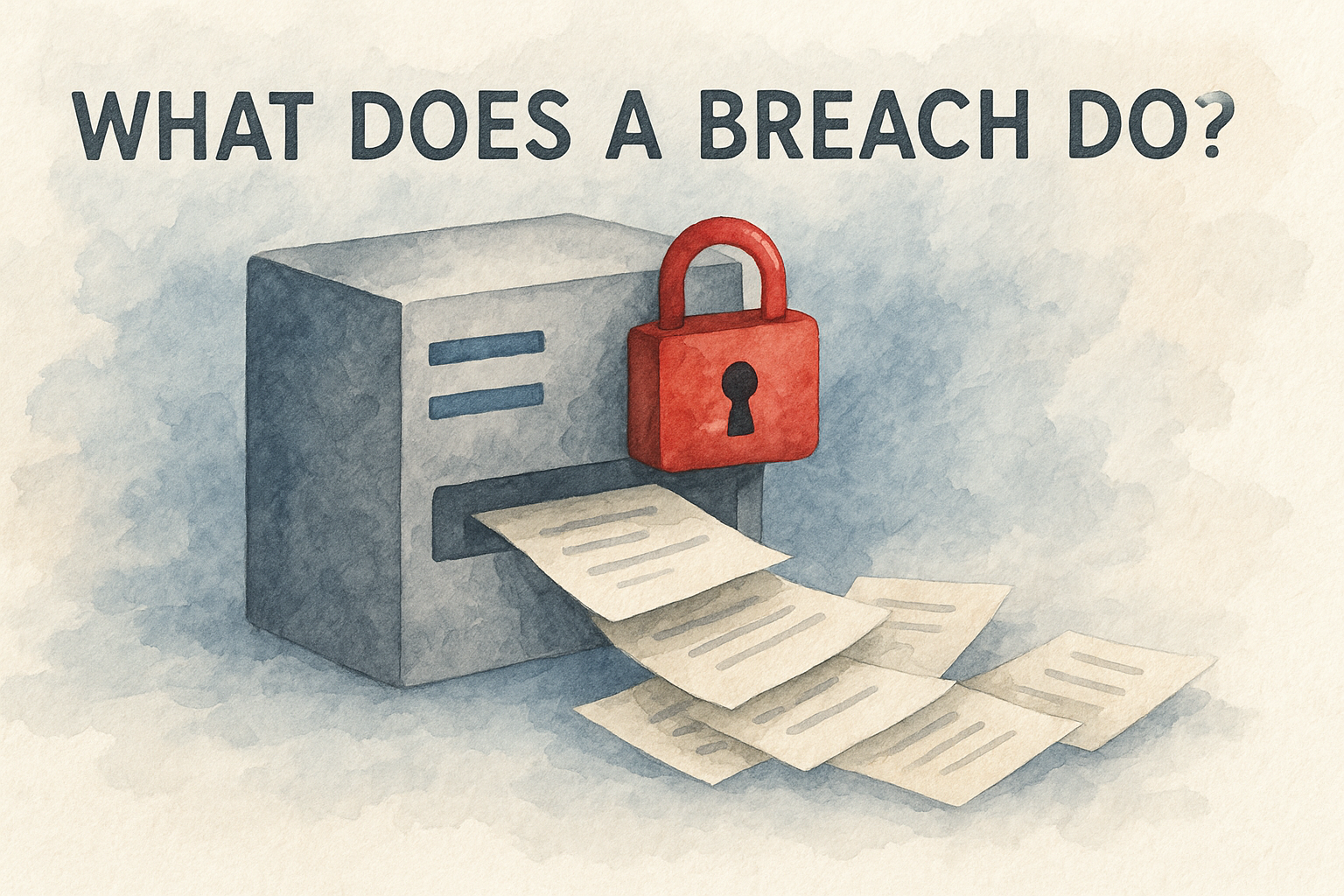


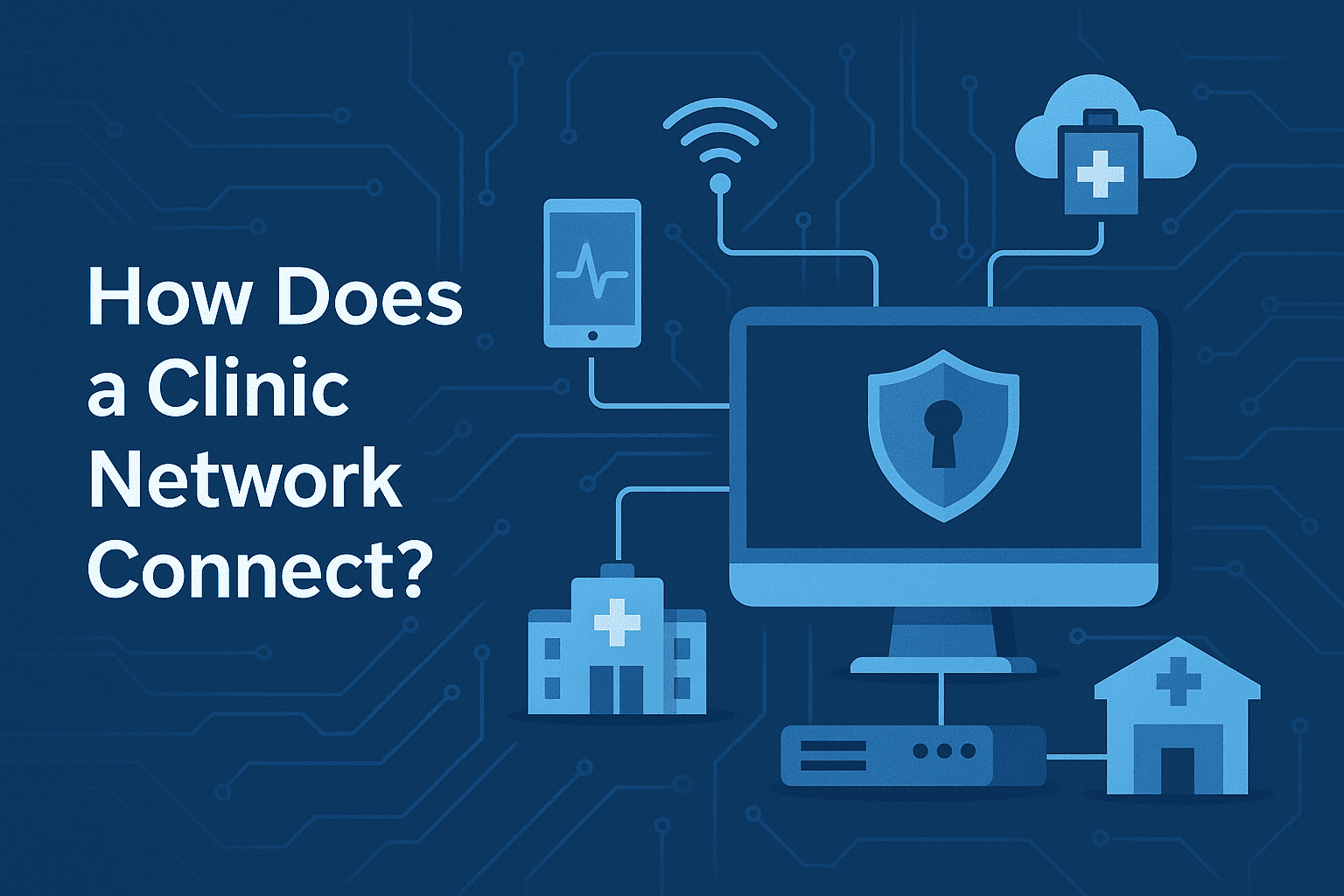

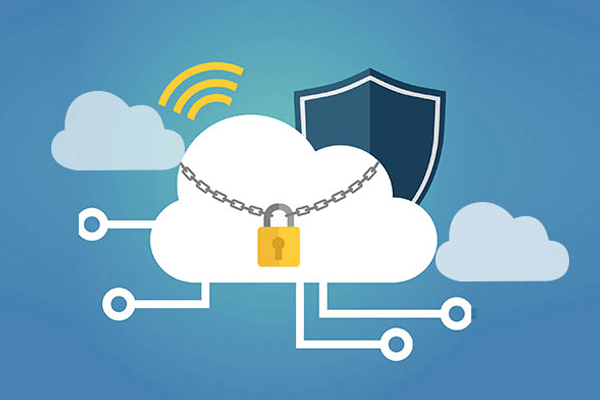

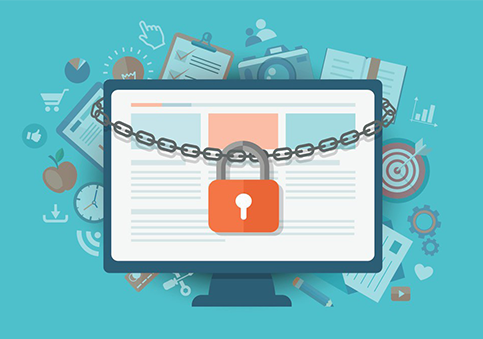
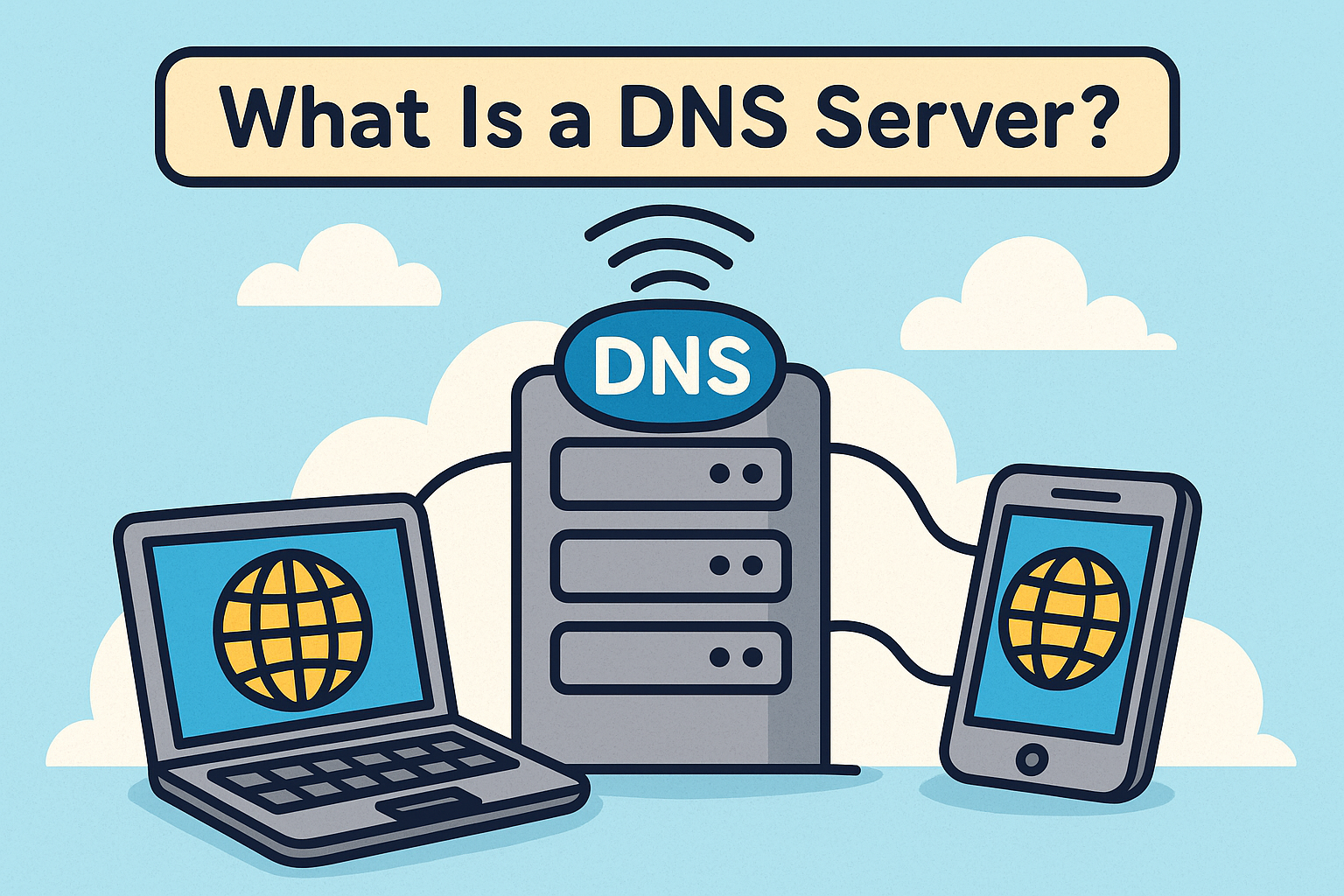
![what does dsl stand for]](https://www.xcitium.com/blog/wp-content/uploads/2026/01/what-does-dsl-stand-for.png)

